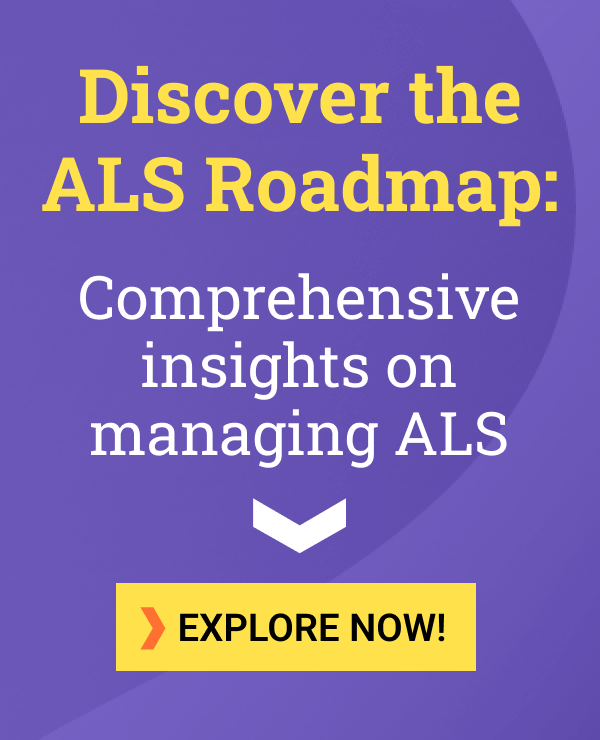LifeArc grant to fund research into repurposing therapies for MND
Motor Neuron Disease Translational Challenge aiming for treatment by 2030

LifeArc, a U.K.-based independent medical research charity, is offering £5 million (about $6 million) to scientists around the world as part of a grant program to tackle motor neuron disease (MND) using repurposed or combined medicines.
The program is part of the Motor Neuron Disease Translational Challenge, which seeks to make MND treatable by 2030 and to find a cure. It will award up to £750,000 ($954,000) to five projects from international research teams in academia or at small and medium-sized enterprises.
MND is the name for a group of progressive neurological conditions that includes amyotrophic lateral sclerosis (ALS).
To be eligible, applicants must have previously identified a new repurposed therapy or a drug initially developed and sometimes approved for other indications with proven potential to treat MND in preliminary preclinical studies.
Proposals should also focus on validating available biomarkers that demonstrate the repurposed treatment is engaging with its target and modifying the course of MND as intended, or should include plans to identify and validate new biomarkers that may be translatable from preclinical models to patients.
“Improving confidence in drug repurposing requires more robust preclinical research, meaning that repurposed drug candidates are progressed into trials with sufficient evidence to predict they could benefit someone living with MND,” Paul Wright, PhD, head of LifeArc’s MND Translational Challenge, said in a press release. “To achieve our ambition of making MND treatable by 2030, we need to start with better decision-making at the preclinical stage to demonstrate as early as possible that a repurposed drug candidate has the potential to deliver improvements for patients.”
Making repurposed therapies work for MND
Existing treatment candidates for MND, including repurposed therapies, haven’t been shown to benefit patients and the failure rate in MND clinical studies remains high, according to LifeArc.
Awarded proposals are expected to generate high-quality preclinical data and independent replication of data that provide compelling evidence the repurposed drug can treat MND. These are “two areas that have been historically underfunded in academia, but are critical for drug discovery,” LifeArc said in a page that announced the grant details.
The findings should contribute to evidence-based decision-making about which repurposed therapies should enter into biomarker-guided MND trial platforms, including the UK’s EXPERTS-ALS clinical trial and the ongoing MND-SMART trial (NCT04302870), which is recruiting adult ALS patients at sites in the U.K.
LifeArc recommends that applicants review the white paper “Guiding Principles for Drug Discovery and Development in Amyotrophic Lateral Sclerosis,” the result of a yearlong project by MND experts and patients to outline a consensus approach for improving preclinical research to increase the chance of success in clinical studies of new treatments.
“Repurposing of existing licenced medicines is one way of speeding up the process of finding effective treatments. It’s been tried very successfully in cancer, where it has delivered many new treatments for patients, so it is important that MND researchers learn from their successes,” Jane Hadley, director of research at MND Scotland. “We welcome LifeArc’s £5 million investment in this area — it is about time there was a world without MND, and this can only be achieved through research.”
Dates will be announced later, but the call for expressions of interest opens in February 2024 and closes in May. A workshop for shortlisted applicants will be held the following month. A webinar on the program will also happen in February. More information on it or the program is available by emailing [email protected].
The full application deadline is in October, followed by a panel review in November. Final decisions on applications will be made in December and projects would start within three months of receiving an award.
“This exciting new funding call will provide a shot in the arm for the research community, catalysing the translation of the vast new knowledge gained about MND in recent years and feeding the pipeline of repurposed drug candidates available for clinical trials,” said Brian Dickie, director of research development at the U.K.’s MND Association.
As part of the program, LifeArc is also offering to fund a maximum of five bioinformatic projects that use MND datasets at up to £100,000 ($127,000) each over 12 months. The aim is to support data science, artificial intelligence, and machine learning approaches to repurpose treatments in MND.







